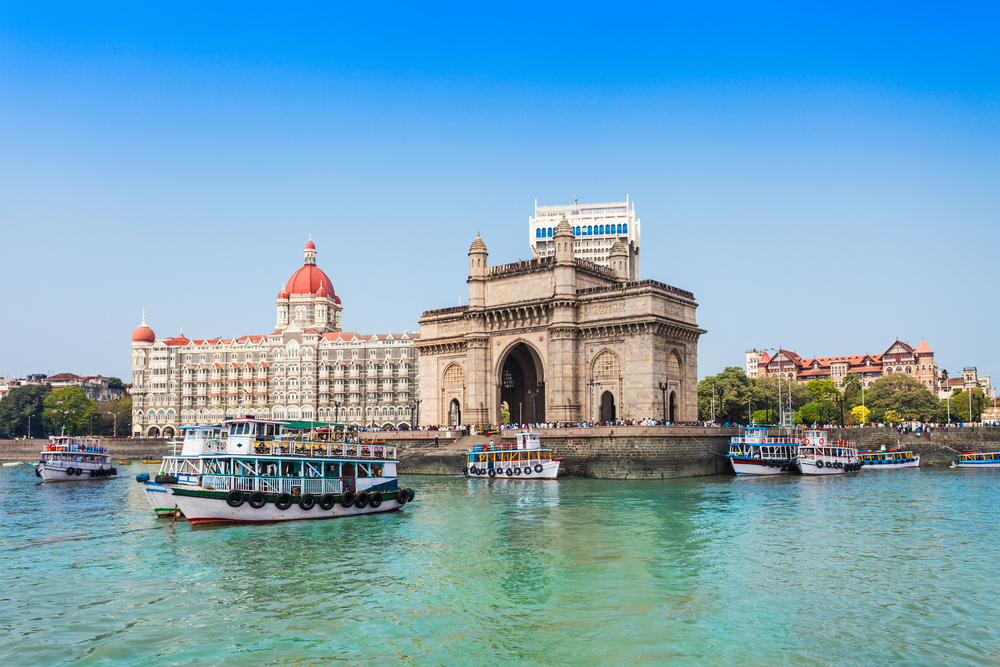Say no to plastic: India’s hospitality industry braces up
Contributors are not employed, compensated or governed by TDM, opinions and statements are from the contributor directly
 A progressive and necessary measure, the recent plastic ban in India’s Maharashtra province has disrupted the lifestyle of businesses and consumers alike.
A progressive and necessary measure, the recent plastic ban in India’s Maharashtra province has disrupted the lifestyle of businesses and consumers alike.
The hospitality industry is no different and it was also affected by the sudden ban. The ban disrupts not only the revenues, but impacts as much as 65% of consumers who avail home delivery services, especially in busy urban metros like Mumbai.
The Hotel and Restaurant Association of Western India (HRAWI) thus began exploring options and advice from experts on the subject.
To address these issues and come out with practical solutions that will benefit the hoteliers as well as its patrons, the HRAWI persuaded Nidhi Choudhari – IAS, deputy municipal commissioner – to share her wisdom and insights.
Other than the ban of plastic, Choudhari also shoulders the additional charge of Removal of Encroachments Department. In the past, she has also championed the cause of implementation of Street Vendors Protection Act, Licencing, Shops and Establishment; and Legal Department.
“Disruption in managing food deliveries”
Dilip Datwani, president, HRAWI, said: “The industry is in agreement with the decision to do away with the use of plastic. The use of materials that disturb the ecology and which eventually may cause irreparable damage to our ecosystem has to be abandoned.
“The urgency in implementing this ban was understandable but it has repercussions for businesses. We are looking for all possible options to regulate the day to day functions without the use of plastic.”
Commenting on the implications of the sudden ban, Datwani added: “One of the more significant consequences of the ban has been the disruption in managing food deliveries. While budgeting expenses, hoteliers and restaurateurs take into account all its revenue sources. A sudden and unanticipated break in the revenue stream affects operations and consequently billings.
“Additionally, adopting eco-friendly materials has cost implications which will raise the prices on the menu and may not be appreciated by the customer. We are seeking the most constructive way to cope with the change and hope to come out with a win-win solution.”
 From paper straws to edible cutlery and reusable laundry bags, the industry is going every mile to accommodate the ban. While the restaurants have adapted to the use of non plastic materials for dry food, delivering liquid food continues to remain a challenge.
From paper straws to edible cutlery and reusable laundry bags, the industry is going every mile to accommodate the ban. While the restaurants have adapted to the use of non plastic materials for dry food, delivering liquid food continues to remain a challenge.
“Transitioning to a plastic-free business”
Dr Sangita Hasnale, assistant municipal commissioner, nodal officer of the ban, also offered insights and urged the industry to migrate to recyclable materials. Hasnale, said: “The MCGM has been taking several steps to curb the use of plastic to eventually eradicate it completely.
“The ban on its use is only one of the steps which is being supplemented by MGGM’s other initiatives including raising awareness on alternative materials and healthy disposal of plastic. We would like the hotel industry to partake in this effort and simultaneously, we too will help the industry in transitioning to a plastic free business.
“The Municipal Corporation too has planned on organising similar seminars and road-shows for enterprises to participate and understand the several aspects behind the plastic ban move. The MCGM has placed multiple segregation points across the city for F&B operators to dispose-off any plastic they may possess. We look forward to receiving your cooperation and support in making our city plastic free”.
Datwani concluded: “It should be a matter of time before the industry finds the ideal alternate material to replace plastic and in the meanwhile, we will hope for the Government to give us leeway where there is no present solution”.


Comments are closed.